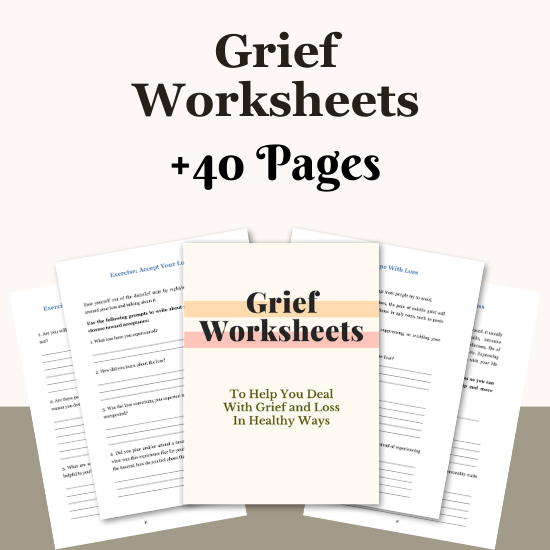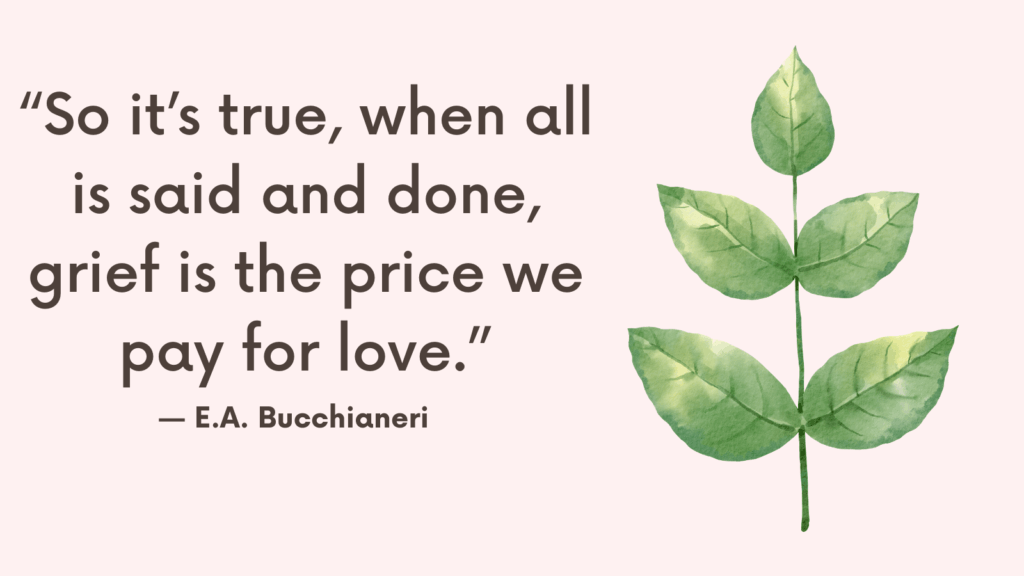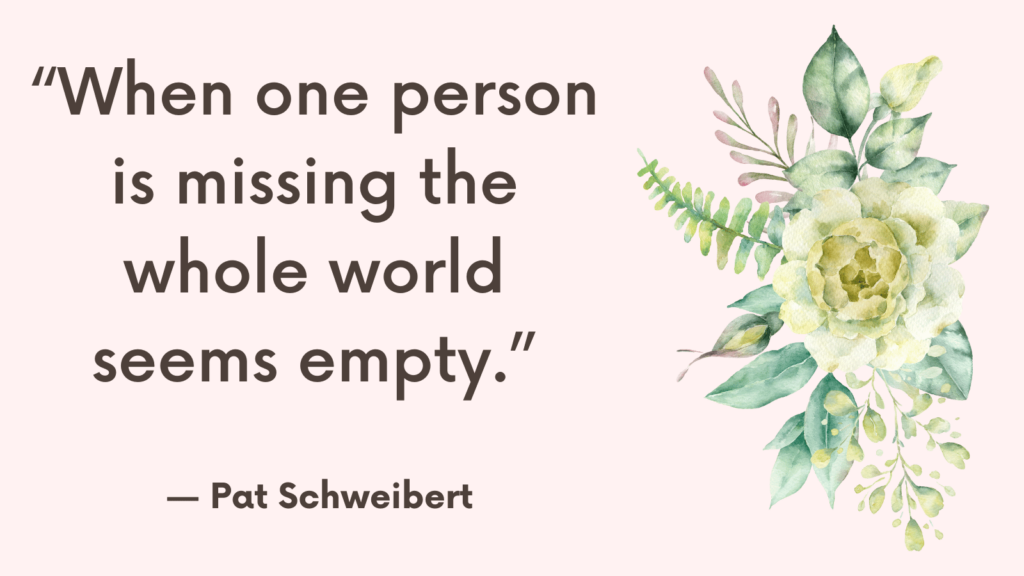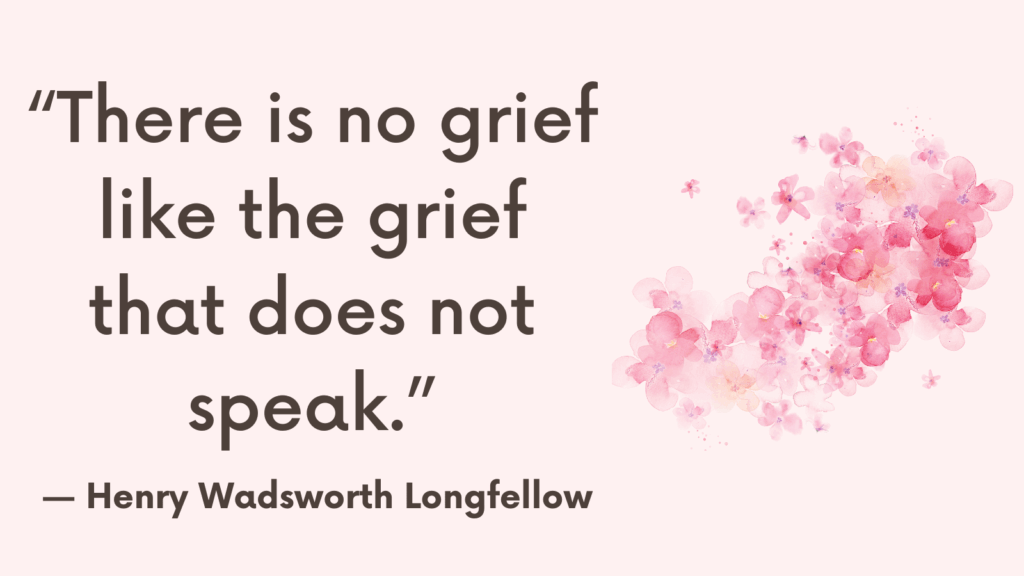Losing a sibling as an adult is a uniquely disorienting kind of grief. You’re not just mourning a person—you’re mourning a shared history, a lifelong bond, and the version of life that included them. Whether you were close or complicated, the loss can feel like part of your own identity has been torn away. Coping with that absence takes time, care, and the space to grieve in your own way.
Why Sibling Loss in Adulthood Hits Differently
Losing a sibling in adulthood often hits in unexpected and deeply personal ways. Unlike the loss of a parent or partner, sibling grief is less recognized, less talked about—and yet it reshapes your identity, history, and future in profound ways. It’s not just about who they were. It’s about who you were with them.
1. They’re your shared history – Siblings hold the memories no one else does. Losing them can feel like losing a part of your own story.
2. It feels out of order – You expect to grow older with your sibling, not lose them in adulthood. It disrupts the natural timeline of life.
3. Your roles may shift – If your sibling was a caregiver, protector, or peacekeeper, their absence can leave you feeling unanchored.
4. Grief often goes unrecognized – Adults are expected to cope quietly, and sibling grief is sometimes minimized compared to the grief of parents or spouses.
5. It brings identity shifts – Your sense of who you are can change when a sibling is gone — especially if you were closely connected.
6. You may carry their memory alone – Unlike childhood losses, others may not know your sibling well, leaving you to hold their memory by yourself.
7. There’s a complex emotional mix – Sibling bonds can be full of love, rivalry, regret, or distance — all of which make grief more layered.
8. It affects the family system – A sibling’s death reshapes family dynamics, sometimes leading to new tensions or unexpected silence.
Related: Best 21 Grief Journaling Prompts (+FREE Grief Worksheets PDF)
How to Cope With the Loss of a Sibling as an Adult?
1. Let Go of the “Expected” Grief Script
Sibling loss often goes unrecognized. Others may focus on parents or partners, leaving your pain invisible. It’s okay to say, “This is hitting me harder than I expected.” Your grief deserves just as much space.
2. Acknowledge the Layers of Loss
You’re not only grieving who they were—you may be grieving:
- Inside jokes only they understood
- Shared childhood memories
- Future plans that will never happen
- The role they played in your identity
Each layer matters. Name them gently.
3. Let the Relationship Be Complicated
If your sibling relationship had tension, distance, or unresolved wounds, grief can bring guilt, confusion, or regret. You’re allowed to feel both love and anger. Grieve the relationship as it was—not as you wish it had been.
Related: Grieving and Numb? These Worksheets Can Help You Sit with Loss and Heal
4. Talk About Them—Often
Say their name. Share stories. Laugh at their quirks. Don’t wait for a “special” time. Keeping their memory alive in ordinary moments helps integrate the loss instead of burying it.
5. Give Yourself Permission to Fall Apart
Being an adult doesn’t mean being stoic. Cry, yell, curl up, cancel plans. Let yourself unravel when you need to—grief isn’t weakness. It’s love looking for somewhere to land.
6. Create a Private or Public Ritual
Light a candle. Play their favorite song. Write letters to them. Visit a place they loved. Rituals create continuity and connection in the midst of emotional chaos.
7. Hold Space for Your Family’s Different Grief
Everyone grieves differently. Your parents, your other siblings, your partner—they may cope in ways that frustrate or confuse you. Let them grieve in their way while protecting the space you need for yours.
8. Accept That Grief May Resurface
Milestones, holidays, even random days may bring unexpected waves. That’s not regression—it’s remembrance. Let the waves come without shame.
Related: Grief Comes In Waves: Top 12 Lessons From Grief No One Talks About
9. Seek Out Sibling-Specific Support
Most grief resources focus on partners or parents. Look for support groups or therapists who understand sibling loss. Talking to others with similar grief helps you feel less alone in a rarely discussed pain.
10. Rebuild Identity Without Them
Part of the loss is losing who you were in relation to them. Let yourself slowly redefine your story:
“I’m still a sister/brother, even if they’re not physically here.”
Your identity can hold both the loss and the love.
11. Turn Their Memory Into Something Living
Start a tradition in their name. Donate to a cause they cared about. Plant a tree. Tell a story. Let their influence ripple through your life in a way that feels meaningful.
12. Let Healing Be Messy and Nonlinear
You don’t have to reach closure. You don’t have to move on. You just have to keep moving—with space for sadness, space for memory, and eventually, space for peace.

Conclusion
Losing a sibling is losing a witness to your life. It’s losing someone who knew your roots. You don’t have to grieve perfectly. You just have to give yourself permission to grieve fully.



